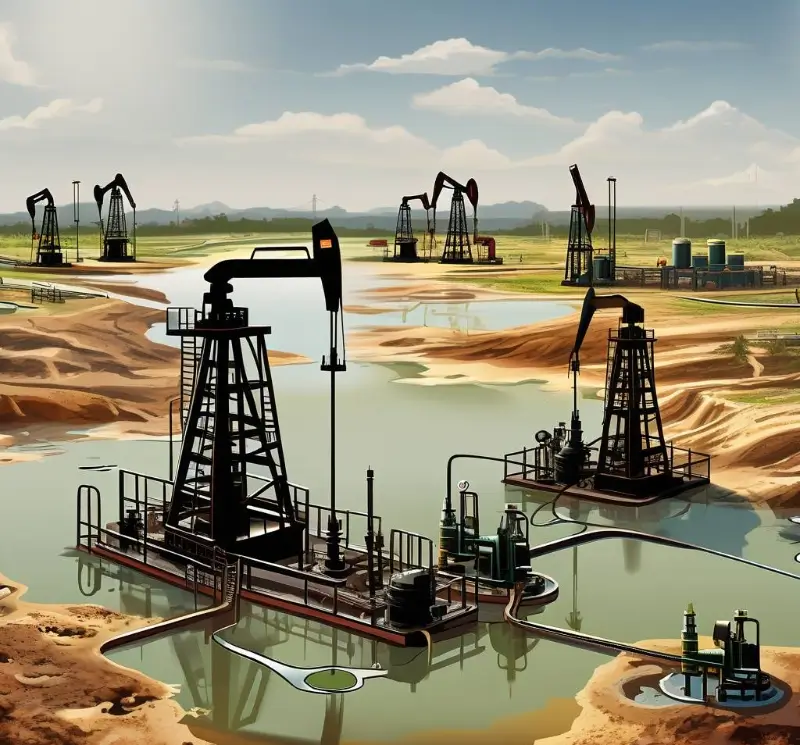Why do oil prices fluctuate?
Oil prices fluctuate for a variety of reasons, and these price movements can have significant impacts on the global economy. Some of the key factors that contribute to oil price volatility include:
- Supply and Demand: The basic principle of supply and demand governs oil prices. When the demand for oil increases and supply cannot keep up, prices rise. Conversely, when demand falls or supply increases, prices can decrease.
- Geopolitical Events: Political instability, conflicts, and sanctions in major oil-producing regions (such as the Middle East, Venezuela, or Nigeria) can disrupt oil supplies, leading to price increases.
- Economic Growth: Economic expansion in developing countries, particularly in Asia, increases the demand for energy, including oil, which can push prices up.
- Currency Exchange Rates: Since oil is priced in U.S. dollars, changes in the value of the dollar relative to other currencies can affect the price of oil for countries that do not use the dollar. A weaker dollar can make oil more expensive for these countries, increasing demand and thus prices.
- Market Speculation: Speculators trade oil futures and options, which can influence the price based on their expectations of future supply and demand conditions.
- OPEC and Non-OPEC Production: The Organization of the Petroleum Exporting Countries (OPEC) and other major oil-producing nations (like Russia) sometimes coordinate production levels to influence oil prices. When they agree to reduce output, prices can rise; if they increase production, prices may fall.
- Inventory Levels: The level of oil stockpiled in major consuming countries can indicate future supply conditions. High inventory levels may suggest oversupply and lead to lower prices, while low levels may indicate tightness in the market and higher prices.
- Technological Advances: Innovations in exploration and extraction technologies, such as fracking in the United States, can increase oil supplies and potentially lower prices.
- Natural Disasters and Environmental Events: Disasters like hurricanes, wildfires, or other environmental events can disrupt oil production and refining, affecting supply and prices.
- Energy Policy and Regulations: Changes in energy policies and regulations in major consuming countries can impact oil demand and, consequently, prices.
Oil prices are influenced by a complex interplay of these factors, and the market is constantly reacting to new information that can shift the balance between supply and demand. The price of oil is therefore subject to frequent and sometimes dramatic changes.



